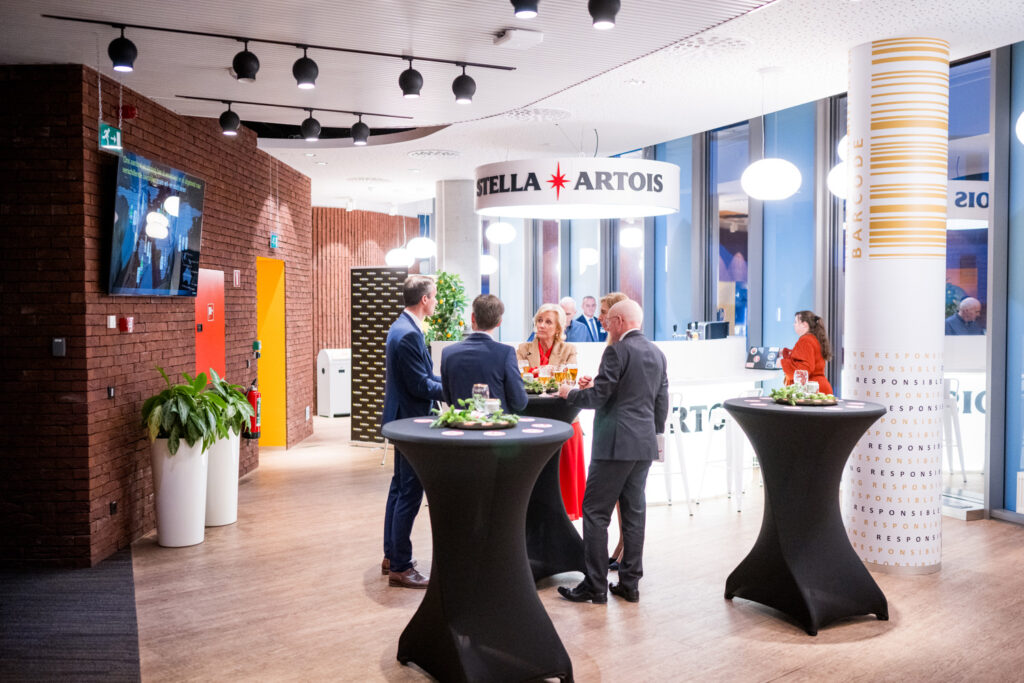Brazil is hosting a Belgian economic mission this week, and the major Belgian-Brazilian beer producer AB InBev, is participating.
The Belgian-Brazilian collaboration began 20 years ago when Interbrew merged with AmBev. Since then, Belgium has maintained a strong presence in the global brewing scene, particularly in research.
During a meeting with Princess Astrid on Friday in Rio de Janeiro, AB InBev explained its process for producing non-alcoholic beers.
Brahma 0.0, now the best-selling non-alcoholic beer in Brazil, was initially developed in Belgium ten years ago.
AB InBev’s global research centre is based in Leuven, managed by Belgian David De Schutter since 2020. The facility houses a yeast database with 2,000 strains stored at -196 degrees to prevent metabolic changes. About 100 strains are regularly used for the group’s 500 brands.
Related News
- Full of taste without the headache: Sales of non-alcoholic beer soar
- A sobering look at beer’s new trend
“We develop technology in Leuven and then apply it in one of our six global centres of expertise,” De Schutter said.
The Leuven site excels in developing non-alcoholic beers. Since 2010, AB InBev has created alcohol-free versions for most of their brands. They have patented two processes: a brewing technique using vacuum distillation and a method to retain flavours despite the absence of alcohol.
Leuven and Brazil share another AB InBev connection: Stella Artois.
Brazil is the third-largest market for this historic pilsner. Last year, AB InBev launched Stella Artois Pure Gold in Brazil, a lower-calorie and less alcoholic version. This variation is not currently available in Belgium.
AB InBev often releases different versions of Belgian beers in other markets, such as the Stella Artois black variant found in Argentina and the United States.
During the 2004 merger, “there was some fear of losing our brewing culture,” Flemish Minister-President Matthias Diependaele said during the royal visit. “On the contrary, Belgian beer culture experienced a boost. The impact of a merger goes beyond commercial success; it also involves job creation and exchanges between the two countries.”

